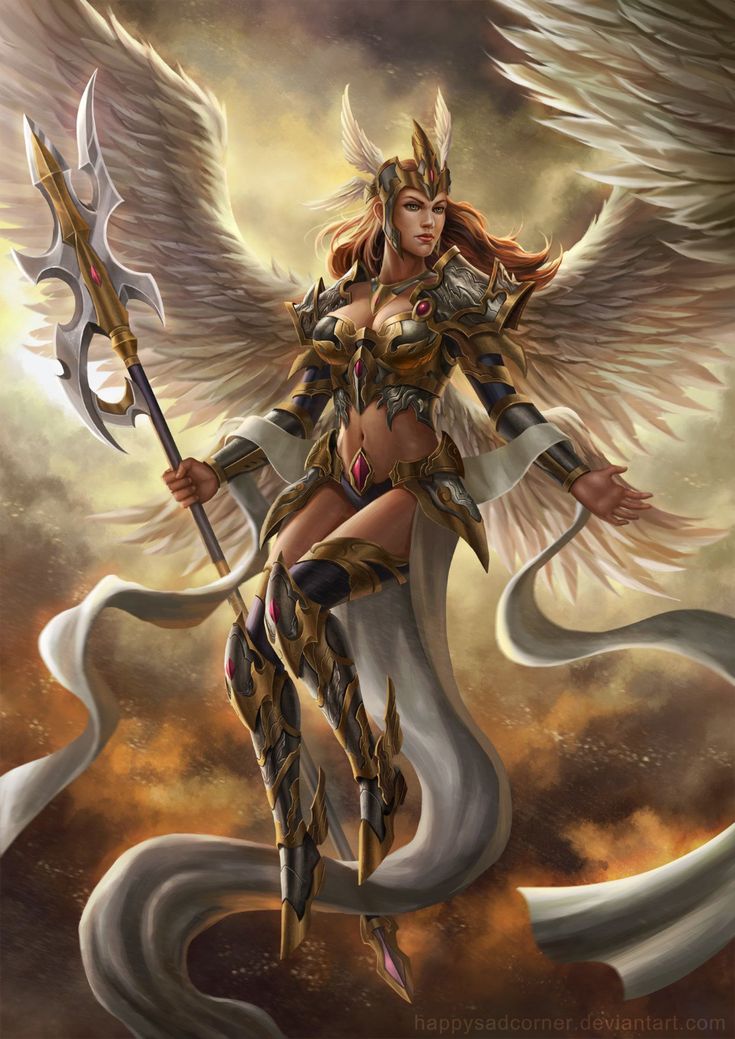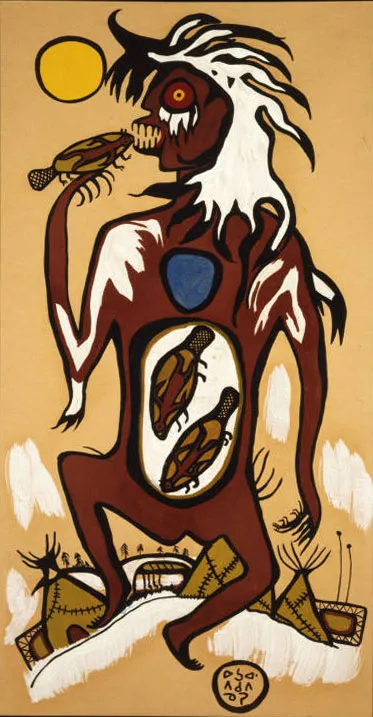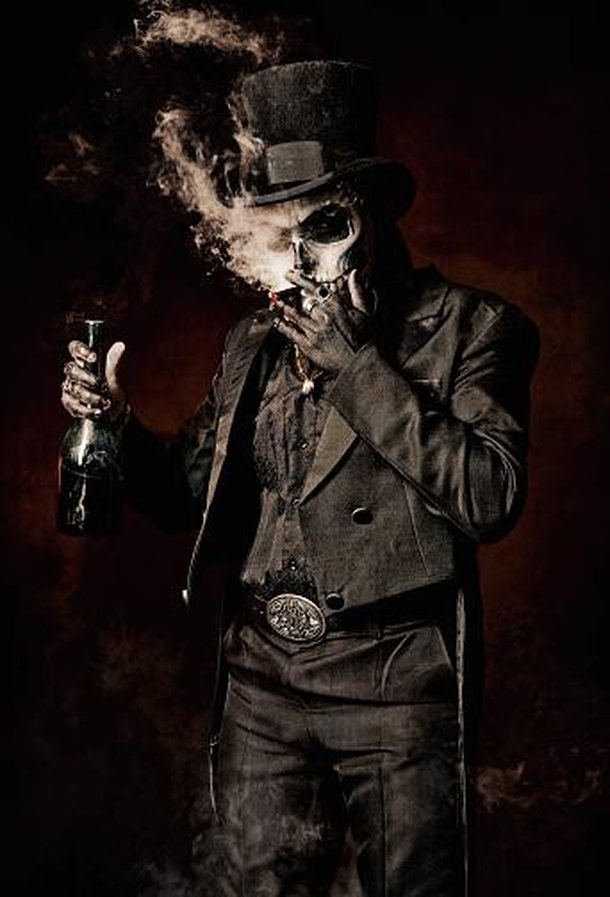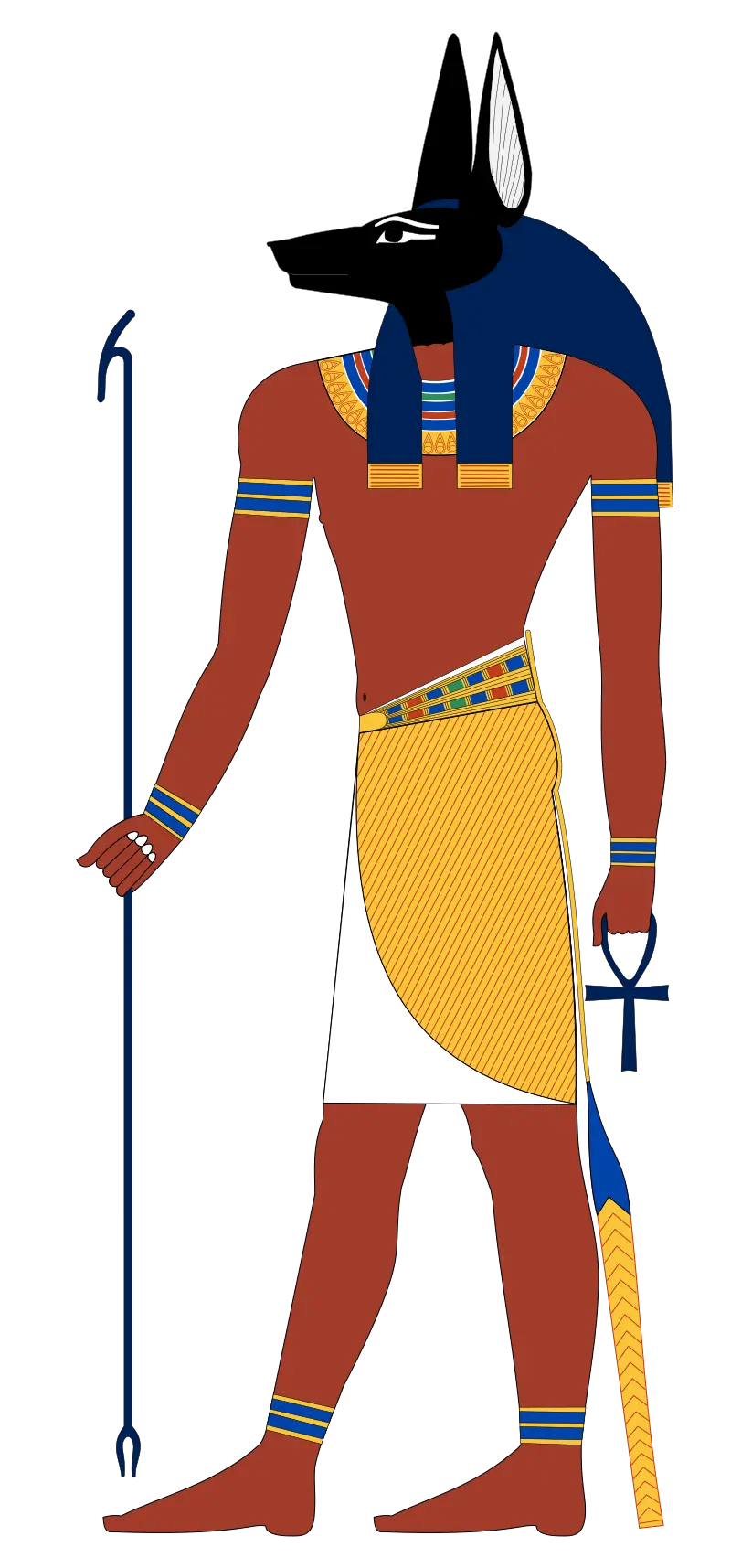- cross-posted to:
- roughromanmemes
- cross-posted to:
- roughromanmemes
Scandinavian:

Know where I’m moving before I die.
Explanation: The bust depicted is of the great Carthaginian general Hannibal, who terrorized the Romans for the entirety of his military career. In the course of the Second Punic War, he contributed significantly to the death toll of the Romans by his repeated and overwhelming victories, which resulted in the deaths of ~1/5th of the Roman male citizen population at the time.
Wendigo … Native American reaper/destoyer/monster/powerful being

This is a painting by Norval Morrisseau, an Indigenous painter from northwestern Ontario and part of the Indigenous group related to where I’m from. We have lots of stories Wendigo … we also call it many names but the stories and legends are all mostly the same … it’s a being that was once a man and turned into a monster. It’s a freaky story for kids, especially when out alone with your family in the wilderness. The legends were basically that because this was once a man, they were skilled hunters and trappers that gathered animals but now turned their skills to hunting and trapping people … many of the stories are peppered with details of a Wendigo hunting and trapping like any other hunter but that they are actually following or pursuing a person or their family.
The hollywood style Wendigo is a modern creation with antlers and skeletons and all that … the majority of all Indigenous depictions are stories describing a being of all types and kinds because the being is an infection or affliction so the final character can look like anyone or anything.
Which is why Morriseau’s painting depicts a man eating a person because that is what they are … a deranged human that has become a monster.
And it’s not just one being or persona … it’s a sickness or illness that infects people to become a Wendigo. So as a legend, the being can disappear but the suggestion is that anyone at anytime can be infected with this affliction and become a Wendigo … it’s a story from the past but if you believe the legends, it can become real again.
I like the “they became so hungry, they became cannibals to survive, and since the they can’t get enough to satisfy their hunger so they look like monsters now” legend.
The scary part for me is that some of the legends that my parents, uncles and aunts told include actual family members in our family tree.
I remember one story I heard many times when I was kid about a man and his family that fought against a Wendigo like being and then went on the run. As they fled, they were pursued for days by this Wendigo in different places, lakes and rivers that mom and dad were familiar with. They were able to avoid the Wendigo and lived to tell their story and survived. For the longest time as a kid, I just assumed it was an ancient legend about people from a long, long time ago … like medieval fairy tales that talked about things and people from hundreds or thousands of years ago. I didn’t learn until I was an adult that this story in particular was about my great grandfather and his first family (he had married three times and had three separate families). I don’t know why my family just ignored that detail but when I learned that fact it immediately brought the story closer to my timeline to about less than a hundred years ago. That thought freaked me out because it made me realize that some of these stories weren’t just legends … they were real life stories of people I was related to. Whether or not it was about a Wendigo or not … it was definitely an event that traumatized a lot of people that eventually turned into a legendary tale that we still share today.
Life in the wilderness was a lot different until about 50 to 100 years ago. There was definitely a lot of shady, life threatening, freaky, desperate stuff happening that included murder, kidnapping and cannibalism that all stemmed from hunger, loneliness, isolation and famine. It wasn’t all just Indigenous people living some kind of magical utopia while living off the land in harmony.
A other great one I feel is Baron Samedi, aka death in Haitian Vodou.

He is noted for disruption, obscenity, debauchery, and having a particular fondness for tobacco and rum. Additionally, he is the loa of resurrection, and in the latter capacity he is often called upon for healing by those near or approaching death, as it is only the Baron that can accept an individual into the realm of the dead.
Baron Samedi spends most of his time in the invisible realm of vodou spirits. He is notorious for his outrageous behavior, swearing continuously and making filthy jokes to the other spirits. He is married to another powerful spirit known as Maman Brigitte, but often chases after mortal women. He loves smoking and drinking and is rarely seen without a cigar in his mouth or a glass of rum in his bony fingers.
I felt OG Anubis was really missing here.

You ain’t nothing but a hound dog
If memory serves me right, the mexican one, isn’t really mexican, even the cult was created by an immigrant… And adopted by the narcos as a way to have some fixation on a divinity that would protect them while they do crimes.
You’d have to check the different pantheons of our history since there could be multiple gods of death (or entities that act like a grim reaper).
The Mayan deities were all God/Goddess of X and Death.
Practically… Yeah, lol.
But I meant non of them were depicted as the one in the picture, which is the Santa Muerte and there were many other cultures with their own entities besides the Mayans
What you are referring to is Santa Muerte and you are right.
Exactly, and that’s the one depicted in the meme
These are the reapers I’m familiar with.

Ah! It’s been a while.
Korean one has style
They are called Jeoseung Saja.
In Korean mythology, Jeoseung Saja acts like the Grim Reaper, escorting souls—both good and bad—from the physical world to the netherworld. Unlike the singular Grim Reaper of Western lore, the Jeoseung Saja are a class of spectral bureaucrats responsible for this task.
The Jeoseung Saja themselves are not individual deities but rather servants under the authority of King Yeomna, the ruler of the Korean underworld. King Yeomna oversees the judgment of souls and determines their fate after death, with the Jeoseung Saja acting as his emissaries, executing their duties with steadfast dedication.






